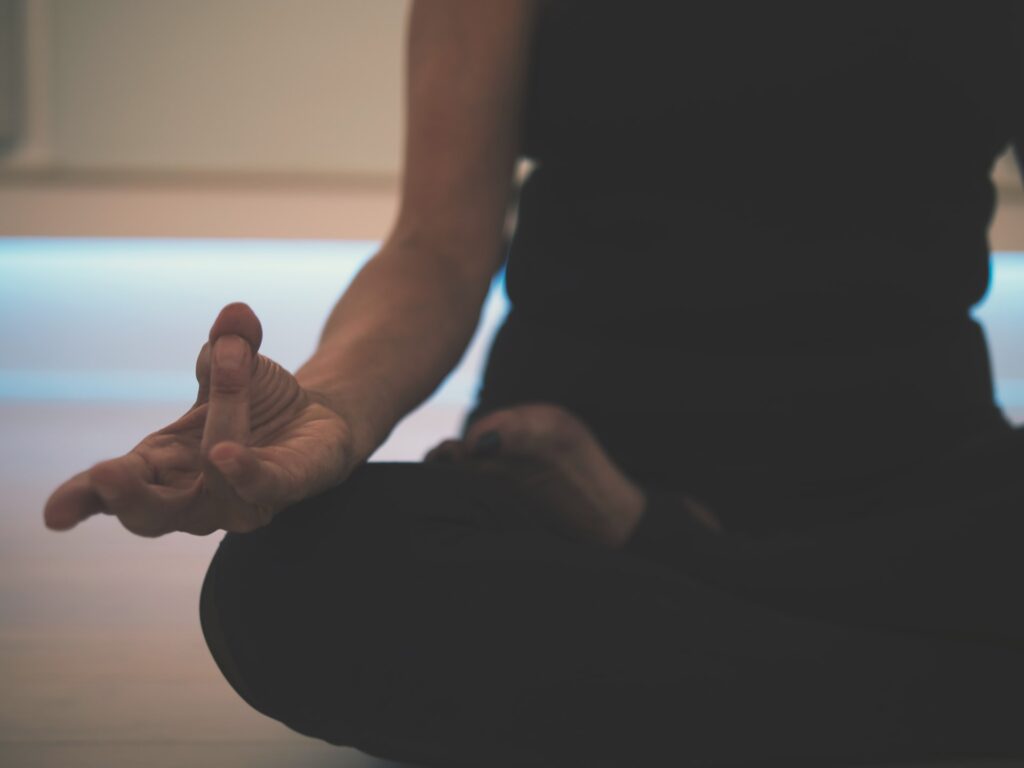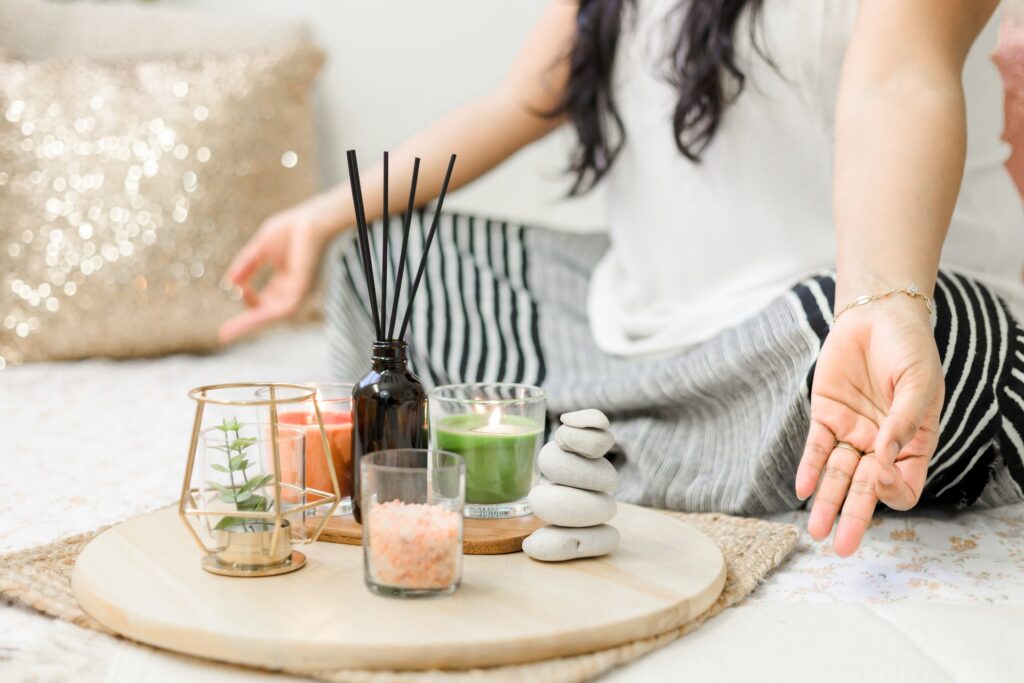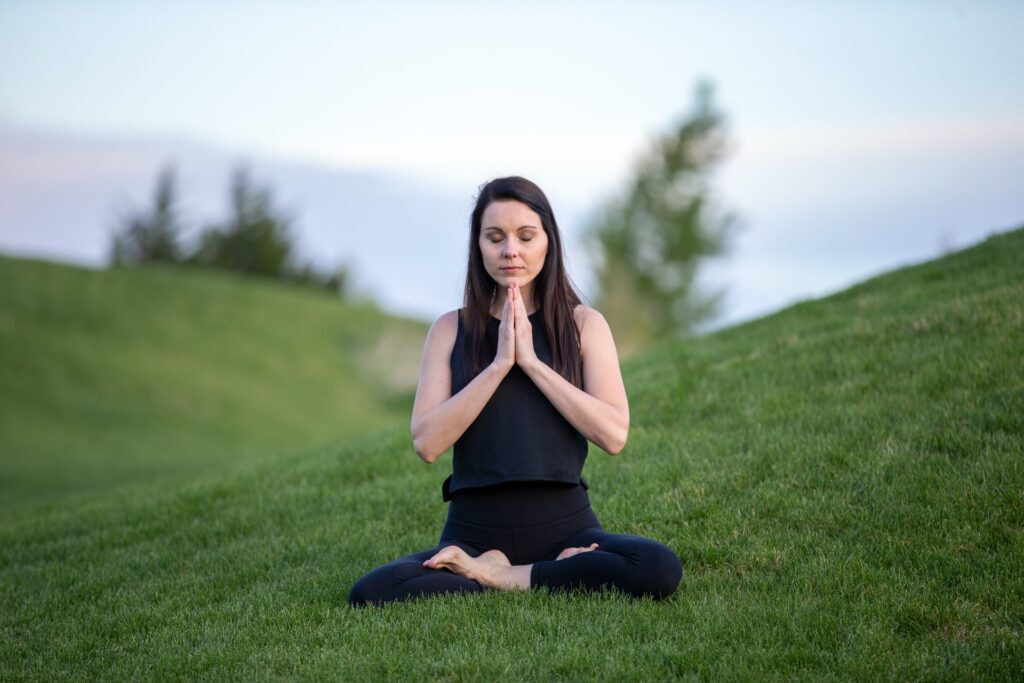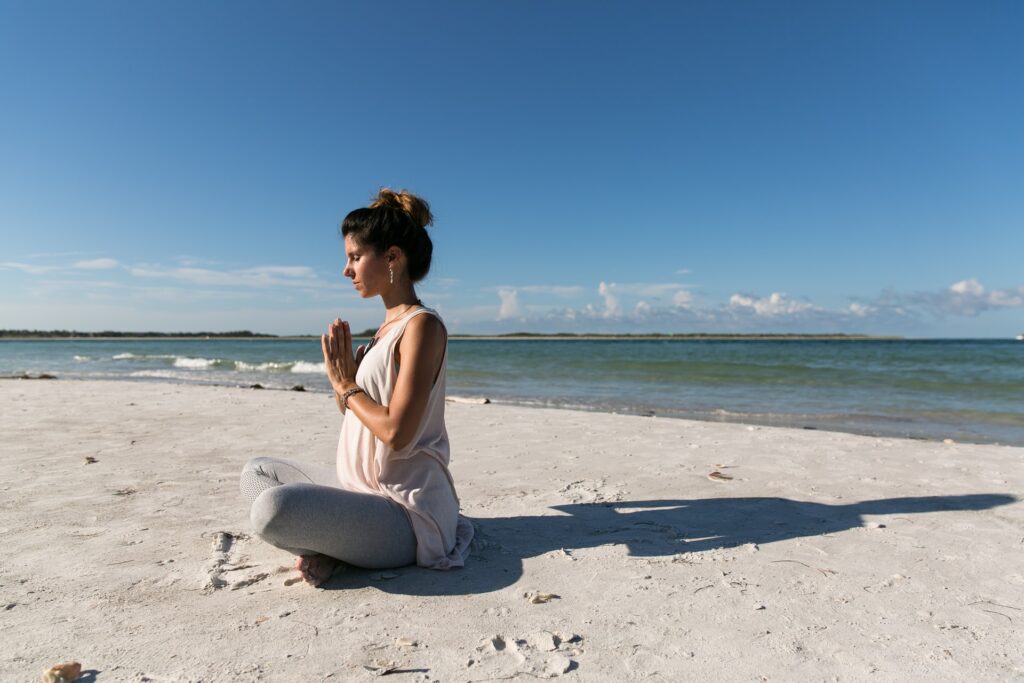Meditating is a wonderful way to give your mind a break from the busyness of everyday life. When you learn to meditate you will find yourself more relaxed and have improved focus and productivity. Follow these tips from the NewYorkMeditationCenter to get the most from your meditation sessions.
1). Pick A Convenient Time

Meditation is principally all about relaxation. That is why it should be done at your convenience and preferably somewhere you are alone. Choose a time you are less likely to encounter disturbances so that you can relax and enjoy meditating.
Most people recommend the hours nature transitions between day and night. The sunrise and sunset periods are perfect for meditation since you will find it quiet with few to no disturbances.
2). Choose A Quiet Place
Let’s reiterate the need to pick a convenient place to be alone to meditate in peace. A quiet and serene surrounding makes the experience more relaxing and enjoyable, especially if you are a beginner.
3). Be In A Comfortable Posture
Posture plays a significant role when meditating. You should be comfy, steady, and relaxed. Therefore, sit straight with your neck and shoulders relaxed, the spine erect, and keep your eyes closed throughout the session. The padmasana (lotus position) is a popular posture for meditation, more so for beginners.
4). Consider Meditating On An Empty Stomach

It is best to start your meditation before having a meal. A full stomach can have you dozing off when you are feeling relaxed and comfortable as you meditate. But do not force things if you feel too hungry. The hunger pangs can make it challenging to practice because it will be hard taking your mind off food during the session. Beginners can consider meditating two or three hours after eating instead of doing it before.
5). Start With Warm-Up Exercises
Doing a few warm-up routines or Sukshma yoga before you start meditating can help remove inertia, improve circulation, and make you feel lighter. Since meditation requires sitting steadily for an extended period, warming up is a critical step in your practice.
6). Take A Deep Breaths
It also is a vital part of the preparation process. Deep breathing combined with Nadi Shodhan pranayama yoga is ideal before you start meditating. It will steady your breathing rhythm and help clear your mind to achieve a peaceful mediative state.
7). Maintain A Smile

Keep a smile on your face, and be intentional about it; you will note the difference it makes. It will help you feel and stay relaxed and at peace, thus enhancing the entire experience.
8). Open Your Eyes Slowly
Once you reach the end of your meditation session, do not open your eyes, and get up immediately. Instead, open your eyes gradually while still seated. Take the time to be more self-aware and of your surroundings before you start moving about.
Health Benefits Of Meditation`
The next instance you let loose, switch off and immerse yourself in deep relaxation, just remind yourself of what your body could be reaping from the meditation effect. Here are some of the scientifically proven benefits of deep relaxation.
1. Boosts Immunity

Deep relaxation has been found to boost the immunity of recuperating cancer patients. A study conducted by Ohio State University revealed that when progressive muscular relaxation is done daily, it minimizes the risk of a breast cancer recurrence. In a separate study in the same university, it was found that a month of performing relaxation exercises increased natural cells in older adults, thus giving them a higher resistance to viruses and tumors.
2. Emotional Balance
Emotional balance implies being free of all neurotic behaviors that could arise from the existence of a traumatized or tortured ego. While emotional balance is hard to achieve entirely, meditation is an excellent way to cure unhealthy emotional states such as neurosis. As your consciousness is cleansed of emotionally draining memories, not only do you get a great sense of freedom but also a great balance of emotions. This is because your responses are not controlled by the burdens you carry but are all true and appropriate.
3. Increased Fertility
A study conducted at the University of Western Australia revealed that women have a higher chance of conceiving during periods when they feel relaxed that when they are stressed. Another study done at Trakya University in Turkey found that stress can reduce a man’s sperm count and motility, implying that relaxation can boost male fertility.
4. Brings Relief To Victims Of Irritable Bowel Syndrome

When victims of this syndrome started performing relaxation meditation two times a day, their symptoms of constipation, diarrhea and bloating reduced tremendously. The meditation turned out to be so useful that researchers at the State University of New York recommended deep relaxation as an effective treatment for irritable bowel syndrome.
5. Lowers The Blood Pressure
Findings from a study conducted at the Harvard Medical School revealed that meditation reduced blood pressure by making our bodies less responsive to stress hormones. Additionally, a British Medical Journal reported that patients who trained or performed deep relaxation had lower blood pressure as compared to those who didn’t.
Creating a nice open garden area with some statues of Buddha and also with some attractive plants can help. Adding things like wind chimes and perhaps a water fountain from Outdoor Fountain Pros, or even nice solar lights can make for a great space.
6. Anti-Inflammatory
Researchers from Emory University say that stress is one of the leading causes of inflammation, a state that is often linked to arthritis, heart disease, asthma and skin conditions like psoriasis. Deep relaxation helps prevent and treat these symptoms because it switches off the body’s stress response mechanism. Similarly, a study done at McGill University in Canada proved that meditation helped improve the symptoms of psoriasis.
7. Calmness

The mere difference between people who engage in deep relaxation and those who don’t is that for the meditative mind the feeling occurs and is experienced while for the ordinary mind, the feeling only takes place but isn’t witnessed. So in both people, an upsetting thought could happen, but for the individual who meditates, it will just be another thought which is either allowed to die or blossom while for an ordinary mind, the thought will trigger a storm that rages on.
Related Posts:
- How To Avoid Injuries When Doing Junk Removal
- Ombre Powder Brows: Why This Brow Trend is Getting…
- Some Benefits, Problems of Aircon and Tips on How to…
- Free Spins - How Does It Work? How to Get Them? Main…
- 10 Ways to Get More Rest in a High-Stress Lifestyle in 2024
- 4 HVAC Financing Benefits - Get the Best Deal







